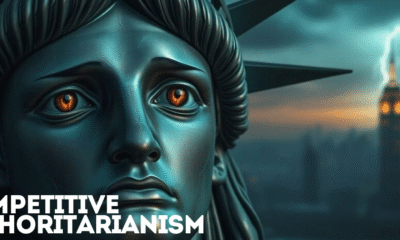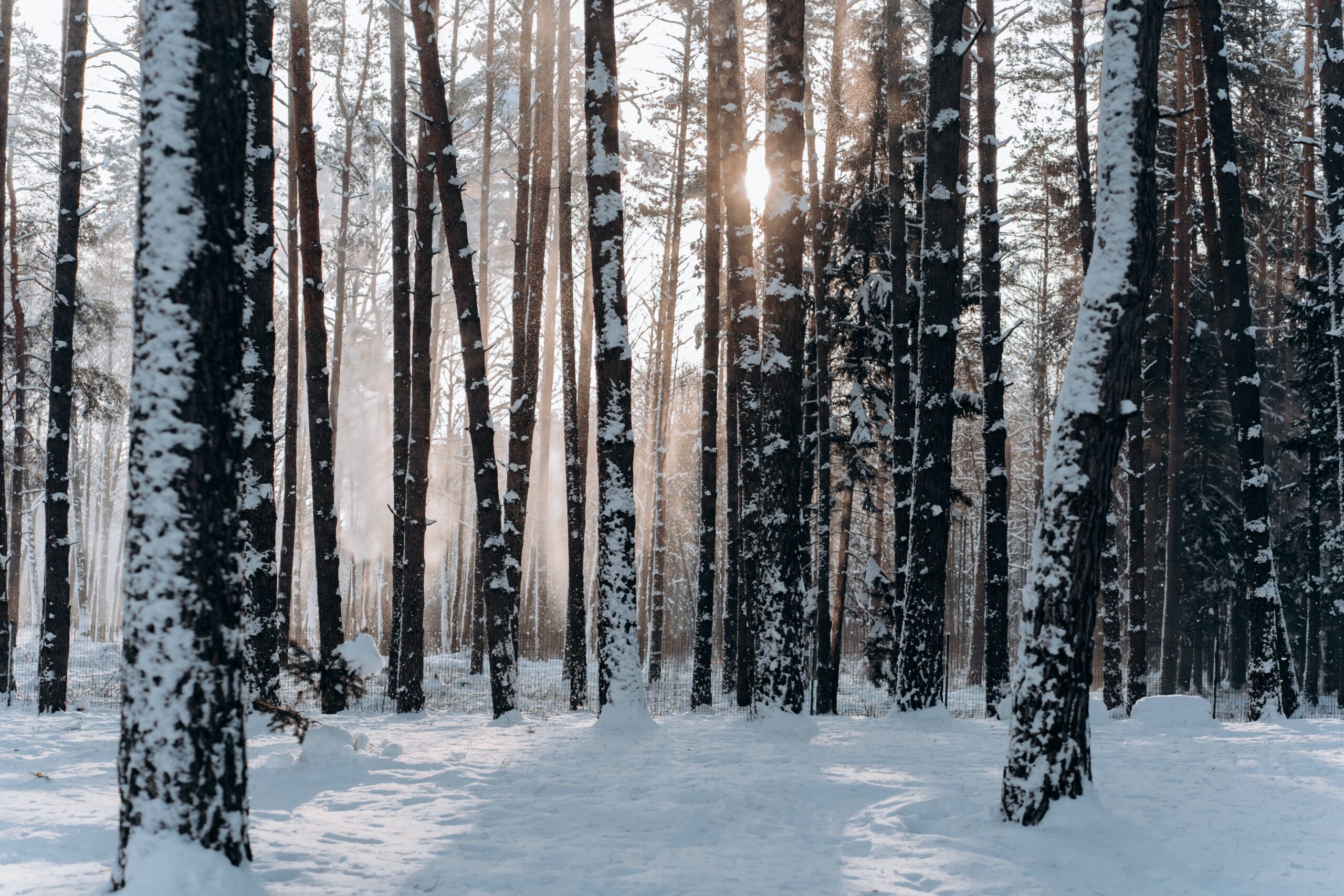Introduction:
As the clock strikes midnight, the world collectively bids farewell to the old and welcomes the promise of a new year. The celebration of the New Year is a universal tradition, marked by joy, reflection, and anticipation for the possibilities that lie ahead. In this article, we’ll explore the significance of celebrating the New Year, the various customs that accompany this global festivity, and the ways in which people come together to usher in fresh beginnings.
Reflection and Resolutions:
- Looking Back:
- The New Year provides a natural pause for reflection, a moment to look back on the experiences, challenges, and achievements of the past year. It’s a time to acknowledge personal growth, express gratitude for the positives, and learn from the lessons encountered along the way.
- Setting Resolutions:
- Many individuals use the New Year as an opportunity to set resolutions—goals and intentions for self-improvement and personal development. Whether it’s adopting healthier habits, pursuing a new hobby, or fostering stronger connections, resolutions symbolize a commitment to positive change.
Global Traditions:
- Fireworks and Festivities:
- Fireworks illuminate the night sky in cities around the world, symbolizing the jubilant spirit of celebration. From grand displays in iconic locations to intimate gatherings in local communities, fireworks are a universal expression of joy.
- Countdowns and Ball Drops:
- Countdowns are a quintessential part of New Year’s Eve celebrations. Whether it’s watching the ball drop in Times Square, witnessing a dazzling light show, or counting down with loved ones, the anticipation builds as the seconds tick away to midnight.
- Cultural Customs:
- Different cultures have unique ways of celebrating the New Year. From the colorful fireworks of Chinese New Year to the traditional song and dance of Hogmanay in Scotland, diverse customs add rich layers to the global tapestry of New Year celebrations.
Communal Gatherings:
- Family and Friends:
- The New Year often brings loved ones together. Whether it’s a cozy dinner at home, a festive party with friends, or a community event, the emphasis is on connection and shared experiences.
- Reflective Ceremonies:
- Some cultures incorporate reflective ceremonies into their New Year celebrations. These may include prayer, meditation, or symbolic rituals that signify leaving behind the old and embracing the new with a sense of purpose.
Ways to Celebrate:
- Travel and Exploration:
- For those with a spirit of adventure, welcoming the New Year in a different location can be a memorable experience. Whether it’s a city escape, a beach retreat, or a mountain getaway, the possibilities are as diverse as the destinations themselves.
- Quiet Reflection:
- Not everyone seeks the hustle and bustle of crowded celebrations. Some individuals prefer a quieter, more introspective approach to the New Year, perhaps spending time in nature, reading, or journaling as they welcome the transition.
The Universal Hope for a Fresh Start:
Regardless of the specific customs or traditions observed, the essence of New Year celebrations is rooted in the universal hope for a fresh start. It’s a time to release the burdens of the past, embrace the present moment, and welcome the future with optimism and enthusiasm.
Conclusion:
The celebration of the New Year is a testament to the shared human experience of time passing and the cyclical nature of life. It’s a celebration that transcends borders and cultures, uniting people in the collective acknowledgment of the passage of time and the opportunity for renewal. Whether through lively festivities, quiet reflections, or cultural customs, the New Year offers a moment for individuals around the world to come together, celebrate the journey, and eagerly step into the possibilities of the future.

 Press Release7 days ago
Press Release7 days ago
 Business4 days ago
Business4 days ago
 Government7 days ago
Government7 days ago
 Healthcare5 days ago
Healthcare5 days ago
 Immigration4 days ago
Immigration4 days ago
 Business4 days ago
Business4 days ago
 Government4 days ago
Government4 days ago
 Business4 days ago
Business4 days ago










